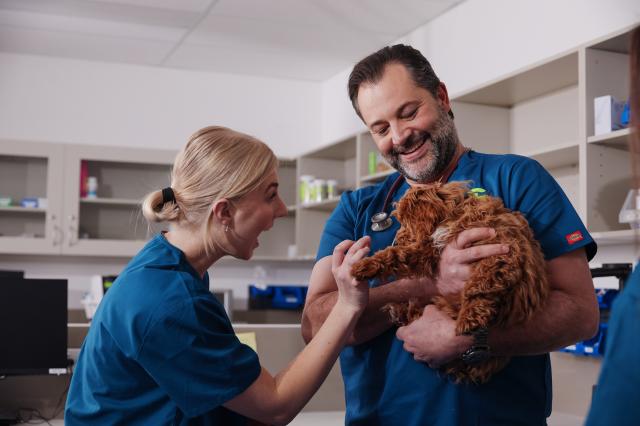Horses travelling interstate have a high risk of being struck by Hendra virus and should be vaccinated so infection does not spread in Victoria, according to a Whittlesea vet.
Hendra occurs naturally in flying foxes but the virus is deadly to horses when it spreads via the bats’ faeces.
Humans can also catch Hendra virus by working in close contact with infected horses.
Dr Sabine Ware from The Vet Practice in Whittlesea said horse owners should take advantage of a new vaccine against the lethal virus and learn about the dangers of the disease.
CSIRO researchers from the Australian Animal Health Laboratory launched the world’s first commercially available vaccine against Hendra virus, Equivac HeV, in November 2012.
Hendra virus has mainly been detected in Queensland and northern New South Wales but Dr Ware said it was mainly “luck” that Victoria had not yet seen an outbreak because flying foxes around Melbourne had been found to carry the virus.
She said Hendra symptoms were minor, with some respiratory signs such as a runny nose, which made the virus difficult to identify.
Whittlesea-based horse trainer Lyn Lee said horse owners are unsure about the vaccine because it is only a few months old.
“If it were just a matter of getting a vaccination, you would go ahead with it,” she said. “But when you can’t prove it’s going to make them sterile or something like that, then you can’t go ahead with it”.
Dr Ware said there was no evidence the vaccine made horses infertile.
Ms Lee has vaccinated her horses against equine influenza, but she said she would not give them the Hendra vaccine because she was not travelling to Queensland or New South Wales this season.






